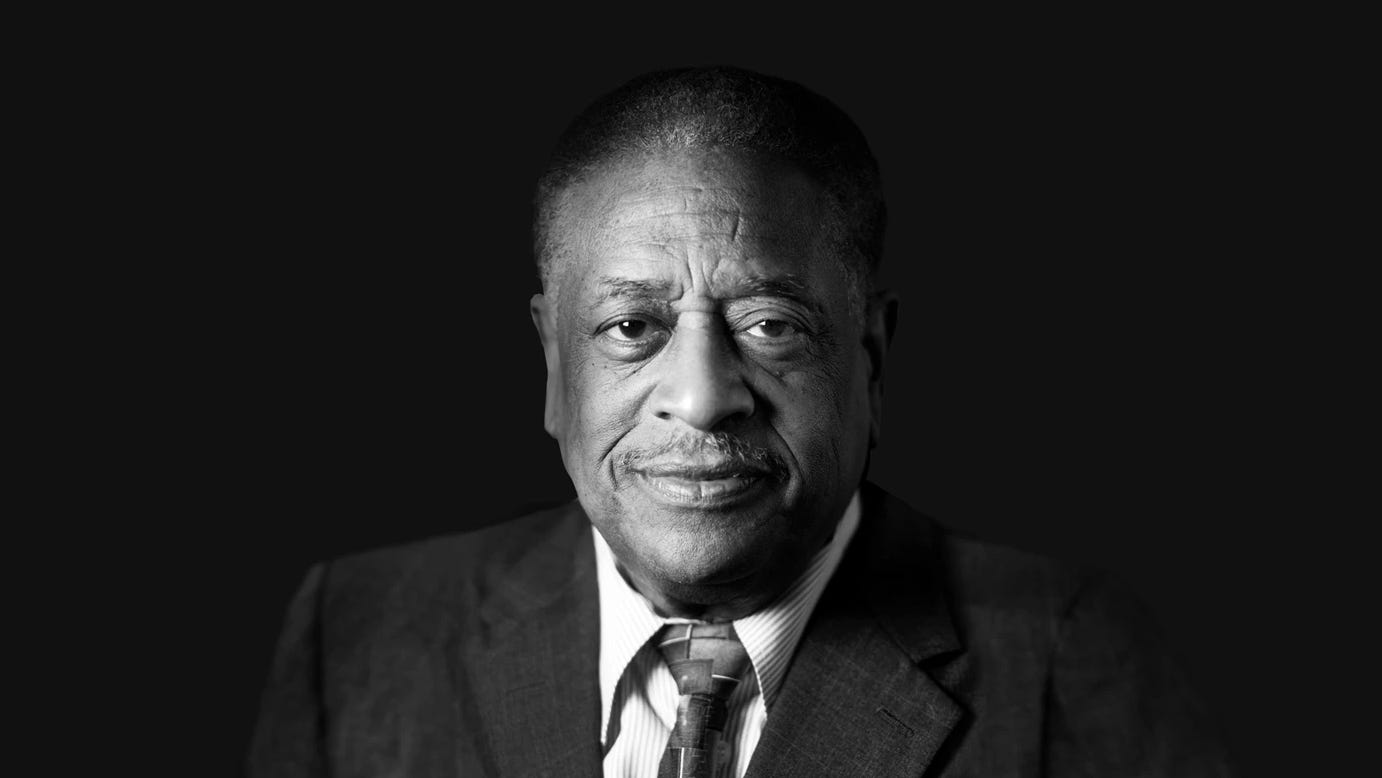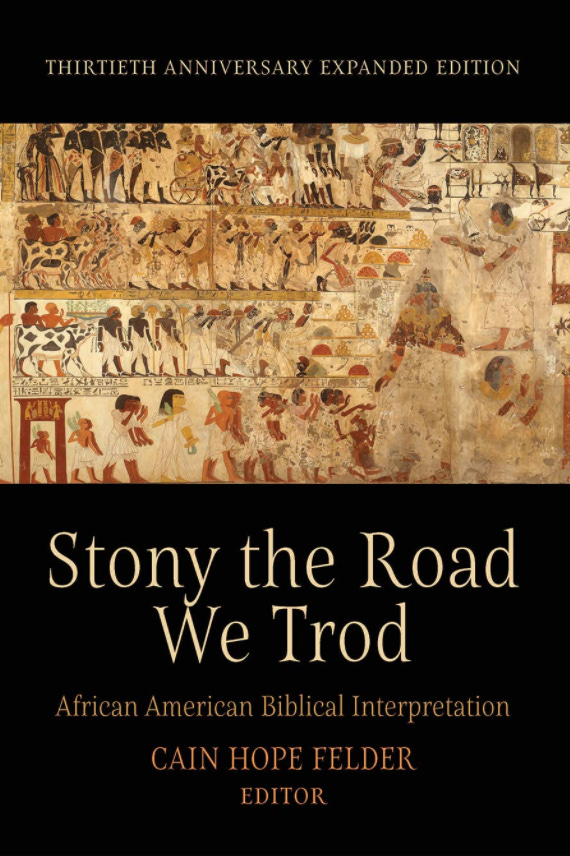Stony the Road Remains
Everyone reads the Bible from a location, a context. And everyone reads that Bible for their own context. It’s impossible not to. It’s just as impossible not to know these truths.
The ones who don’t know these truths are the ones most dangerous to church and society. To think we are unimpacted by location and that our location does not preform our eyes to see one thing and not another weaponizes the Bible on behalf of one location.
The first major book I read using an African American perspective on the NT was by Brian Blount, Then the Whisper Put on Flesh. It changed me. And even more than that. He is my favorite African American writer, and his commentary on Revelation is a gem of wisdom and courage.
But perhaps the lightning rod of all such books was edited by Cain Hope Felder, Stony the Road We Trod, published in 1991 and now updated with new chapters and a new introduction by – yea! – Brian Blount. The book should be come mandatory reading in a seminary curriculum.
The new edition for some observations today.
First, most biblical interpretation, especially of a conservative and evangelical sort, is Eurocentric interpretation. It may have theological roots in the Cappadocians of Asia Minor or Augustine of North Africa, but it is far more shaped by the Reformation and post Reformation European categories and concerns.
Second, which will mean it is white, it is male, it is Enlightenment or reacting to Enlightenment, and it is therefore blinkered and exclusive. Which means it excludes African American, Latin American, Asian American voices, not to ignore Asian and African and South American voices, and there are others. Eurocentric interpretation, in other words, works for Eurocentric people groups. It doesn’t make it wrong. It makes it limited.
Third, African American Bible scholars – and this book is about the African American approach – either learned to fit into the Eurocentric way or they were excluded. The rise of the Black Church and Black Theology, however, challenged this restrictiveness and began to develop a Black approach to biblical studies, and Stony the Road We Trod was and now is all over again a revolution.
Fourth, African Americans, and we have seen a powerful vision of this in Lisa Bowens’ book African American Readings of Paul, have their own history of New Testament readings, those readings were and remain shaped in and by and for the church, and their readings have not been given the platform and the money that white studies have been given. But there is a history there that Black scholars have reawakened.
Fifth, the African American approach to the NT is aimed at liberation, not at a better historical understanding of 1st Century Johannine or Pauline theology.
Sixth, the hermeneutic was a text and context shaped reading. Their reading, Blount says in his introduction to the 30th anniversary edition, was a compositional reading: they composed a biblical witness and a theology of Bible and Jesus that was shaped by and formed for their context that countered the Bible and Jesus of the white church. Their Bible was read through the biblical lens of liberation.
Seventh, the road remains stony.




Scot, I'm on a 3-month sabbatical and wanting to read some ethnic theologians for the very reasons who mention above. Do you have additional suggestions black, for Asian. and Hispanic views? Thank you.
I think this is so much harder for white western Christians to see as valid because we have centuries of mainstreaming our ideas. I'd love to read more widely but feel overwhelmed with where to start. Would you say this is a good introductory point? I'm not in an American context but Irish